I’ve never lost a child – or a brother.
I have never sat and waited for them to come home, not realising that door would never open and the phone would never ring.
I’ve never had to make that call to the police and for the first time speak the word “missing”, scarcely understanding the magnitude of what it would come to mean.
And I’ve never had to sit as the years ebb away and wait for an answer that does not appear to be coming.
But that is the life the parents and loved ones of Scotland’s long-term missing people are forced to endure.
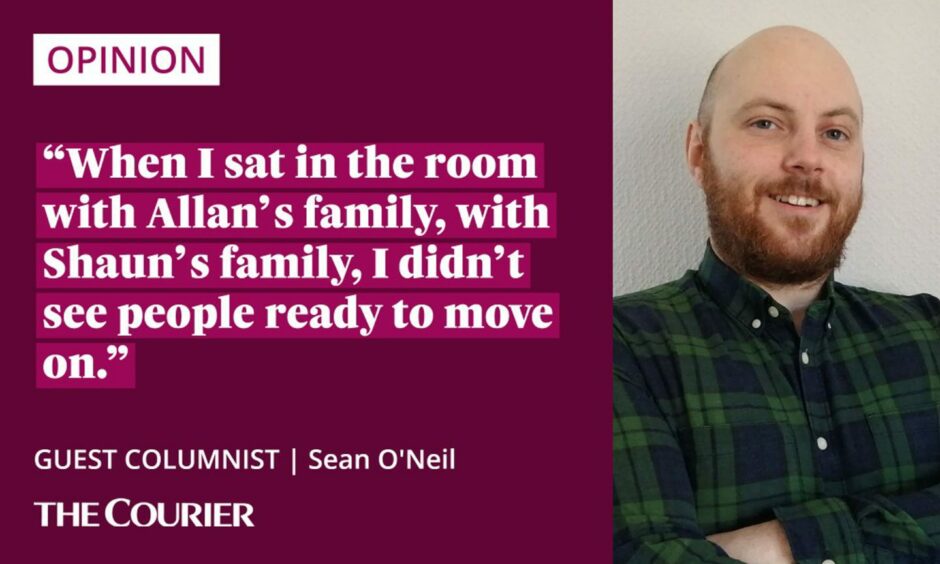
Over the past year I have made two documentaries on high-profile cases involving two young men, Allan Bryant from Glenrothes and Shaun Ritchie from Fraserburgh, who vanished on nights out.
On the face of it, their cases are remarkably similar – both in their early 20s, they went missing on a Halloween weekend a year apart, not far from their homes.
Huge search operations were launched. Communities rallied. Appeals and accusations made.
They have never been found.
Allan Bryant and Shaun Ritchie – not just another missing person to their families
This November will mark the ninth anniversary of Allan Bryant going missing. In Shaun’s case it’s the eighth.
There has been little progress on their cases since the early days of each search.
Ultimately stones have been left unturned.
And as the cases grow cold and time passes by, people move on – the police move on, communities too.
But not the families.
And these two cases are not similar to them.
Their hurt and anger and longing for answers is unique to them.
Their sons and brothers are unique to them.
Because Allan and Shaun are not two long-term missing person cases – they are people.
They are young men who are lost and their families want them home.
But yet it is almost accepted by society that there’s a likelihood these cases will never be solved.
That these young men will never be found.
That’s unacceptable to me.
We cannot simply walk away with a “we tried”. We owe it to them and to their families to find answers.
Or at the very least keep trying to find answers.
There are 43 long-term missing people on the Police Scotland website.
That is 43 families left unable to grieve.
Unable to find solace or justice.
Unable to find peace of mind and the closure they so desperately seek.
That is not good enough.
‘Missing’ – the answers these families deserve
When I sat in the room with Allan’s family, with Shaun’s family, I didn’t see people ready to move on.
I saw people unable to move on, their pain still raw.
Exhausted but resilient they are stuck living in that moment they first made the phone-call and spoke the word “missing”.
Police Scotland are currently considering launching a fresh search for Shaun.
For me it shouldn’t be a question of “if” but “when” that happens.
In Allan’s case maybe they just need to start all over again.
Because their families need them found.
And as a civilised, caring society, we should need that too.
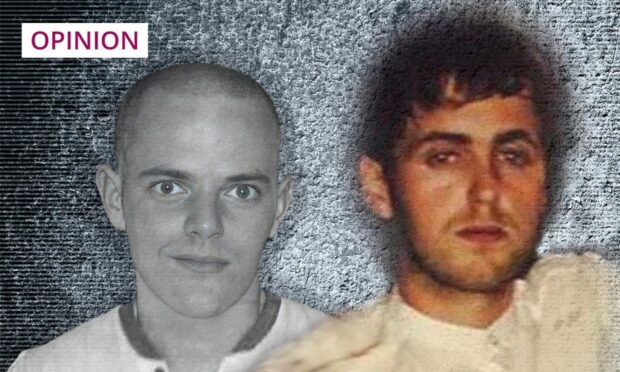
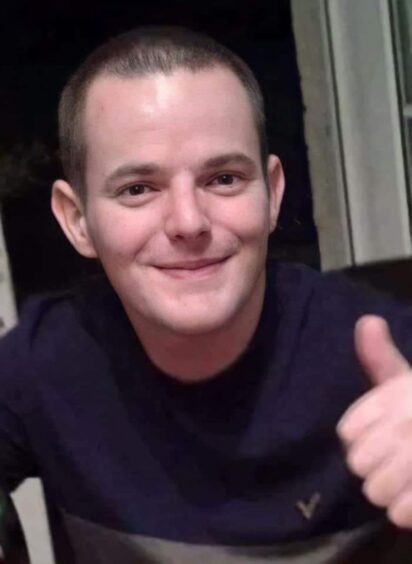
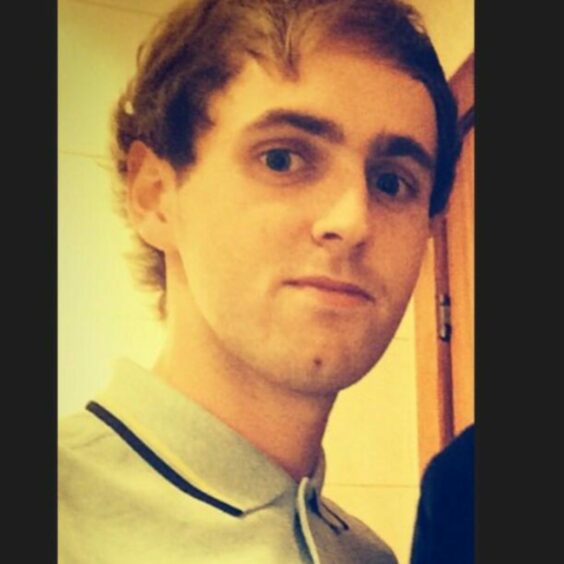
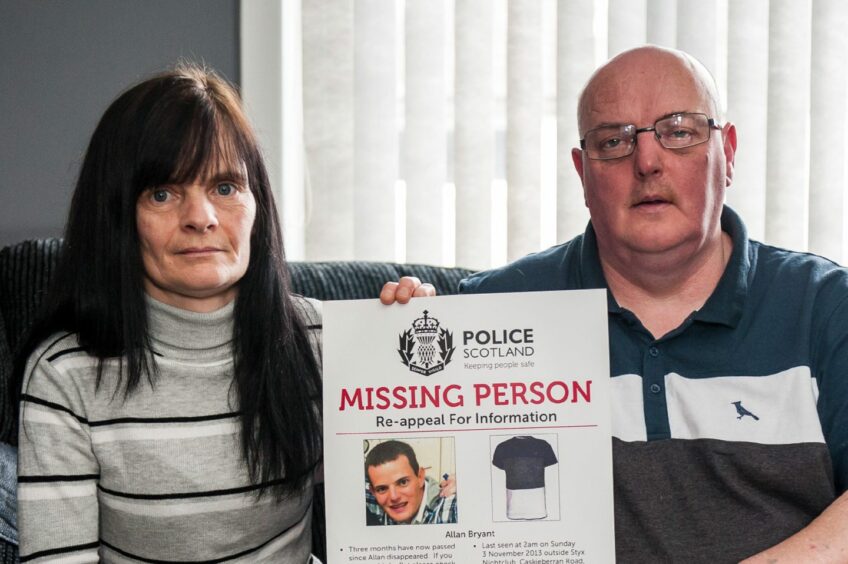
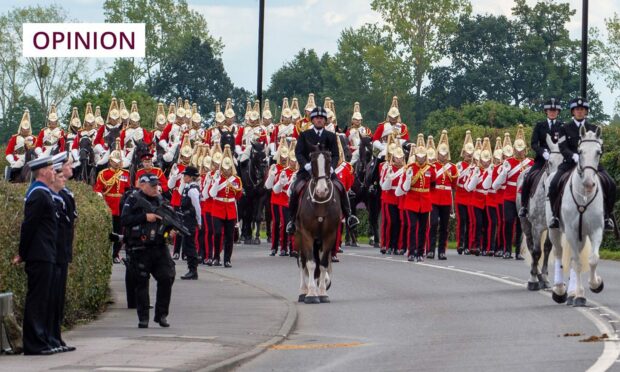


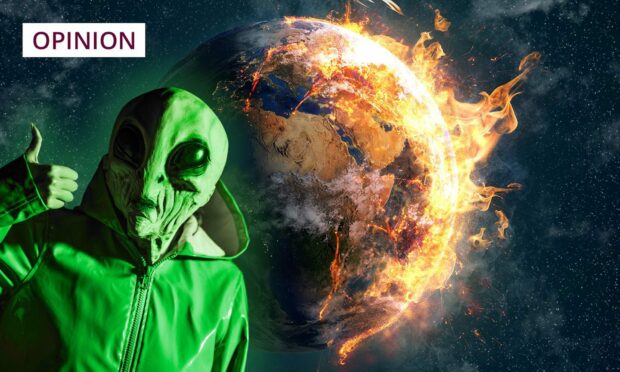
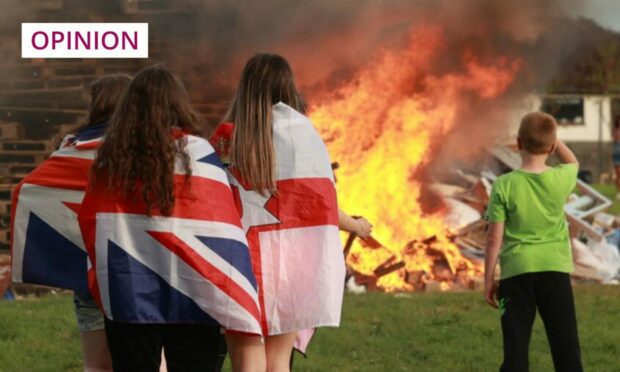
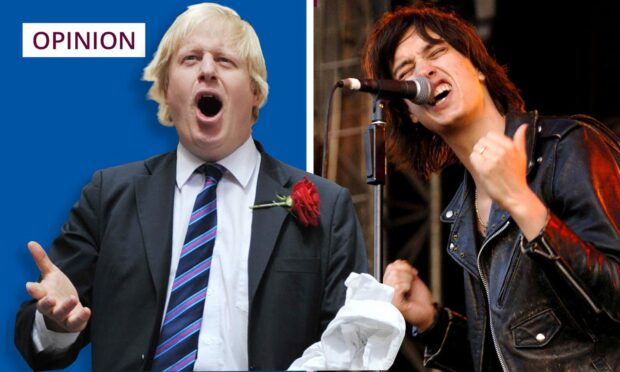










Conversation